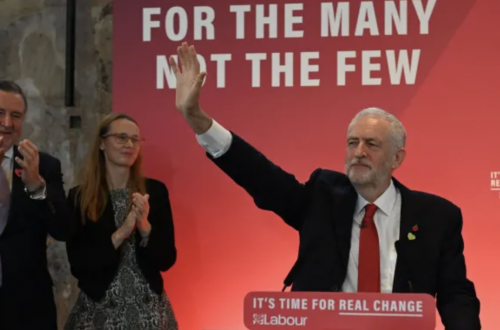This is a cross post from Homage to Catalonia
If you were a first time buyer in November 2012 (my congratulations, without a hint of bitterness), you paid on average 2.7% more than you would have paid in November 2011. Within that same 12 month period, house prices in England more generally inflated 2.5%, driven by London and the Southeast, which leapt 5% and 3% respectively. The cost of putting a roof over your head is higher than ever and, if you’re a first time buyer in London without parental support, that cost is prohibitive.
None of this, I’m sure, is news to you: hours spent on zoopla and rightmove and primelocation and all manner of estate agent websites in every zone 2 location one could consider reveals as much. An unspectacular studio flat in a ‘purpose built block’ on Finchley Road, bought in February 2011 for £265,000 and on the market just 21 months later for (a frankly dishonest) £315,000, reveals a jump of almost 20% in under two years.
So what are the options for first time buyers? If you can scrabble together a deposit and access a mortgage, you can accept the destiny of our generation and pay too much for too little. If you’re (un)lucky enough to live at home in the ‘burbs, you can commute and possibly save, say, an additional £10,000 a year (only eight years to go until that deposit is reached), or, as so many of us do, you accept the inevitable, rent a place and pay off someone else’s mortgage.
We are experiencing a tumultuous set of conditions that has given rise to a perfect storm:
- a lack of liquidity for “higher risk” buyers;
- low costs of borrowing;
- inflation; and
- population growth.
As of October last year, well over 39,000 homes in London were classed as partially used “second homes” (pied a terres/crash pads). A further 185,316 second homes are used for “other” purposes. A July 2012 report by the Smith Institute stated that over 60% of new homes in central London were acquired by overseas investors. I could not find the figure, but I suspect that the percentage of residential properties owned for investment purposes in London would be astounding. And who can blame them?
With cheap credit and low returns on savings (and turbulent equities and low returns on bonds), who would say no to the capital appreciation and high yields, which can be as high as 8.9% in some London boroughs? And with the continued constraints on home ownership for new buyers in London, an investor can be all but guaranteed of the continued value of their initial investment. When one sees the average weekly rental income for a two bed flat, one can see quite clearly that the combination of high rent, low ownership and stagnant salaries will inevitably create a cycle of dependancy for renters: EC1 costs £649, Camden is £688 per week and Westminster requires a staggering weekly outlay of £827.
No politician or civil servant will say this, but London is almost inaccessible for new buyers. The market for property is far from free and open. Property developers and property investors and estate agents and planning lobbyists are in gluttonous collusion to ensure that properties which could be within the reach of stretched young professionals are snatched before they even come to the market. And then those same apartments are rented out to those same young professionals, with annual yields of 4%, 5% etc.
So how is one meant to accrue a deposit? Now that dowries are no longer fashionable, besides a parental contribution, it seems nigh-on impossible. Rent is economically draining and, even when money is scrimped and set aside, earning 1 or 2% on a savings account annually (when contrasted with rental increases which sometimes straddle the double-figure mark) will hardly procure the required monies.
Though this may indeed sound neo-Marxist, we risk developing a new Feudalism. We are working so that we might pay our dues to distant oligarchic (land)lords, who raise rents at whim. The choice to a renter is then to leave or pay more, but to where might we go, since rents (generally) rise in coordination or, at least, conjunction? Home ownership has been a central tenet of our social and economic structure and this change, I suggest, poses a serious structural threat to our economy and society.
The consequence of all this is painful, to say the least. Even if you live within your means, work hard, earn well, save better and sacrifice much during your twenties (and thirties and forties?), you are left with the prospect of only being able to afford an undesirable place. So what, then, is the point of saving to buy, when all you can buy is the same social housing that other people get for free? Disillusionment abounds and that most English of aspirations, to own a little place that you can call home, is ever less an objective and more a wistful dream.
What bitterness we feel. We, who matured in a time of plenty, presuming the benefits of regulatory liberalisation and home ownership and ruinous overspending because we were young and naïve; we, who studied hard and went to university and became professionals because that is what we were educated to do; we, who now aspire to home ownership and efficient living within our means because that is surely our right – we are the generation who, time and again, must pay.


